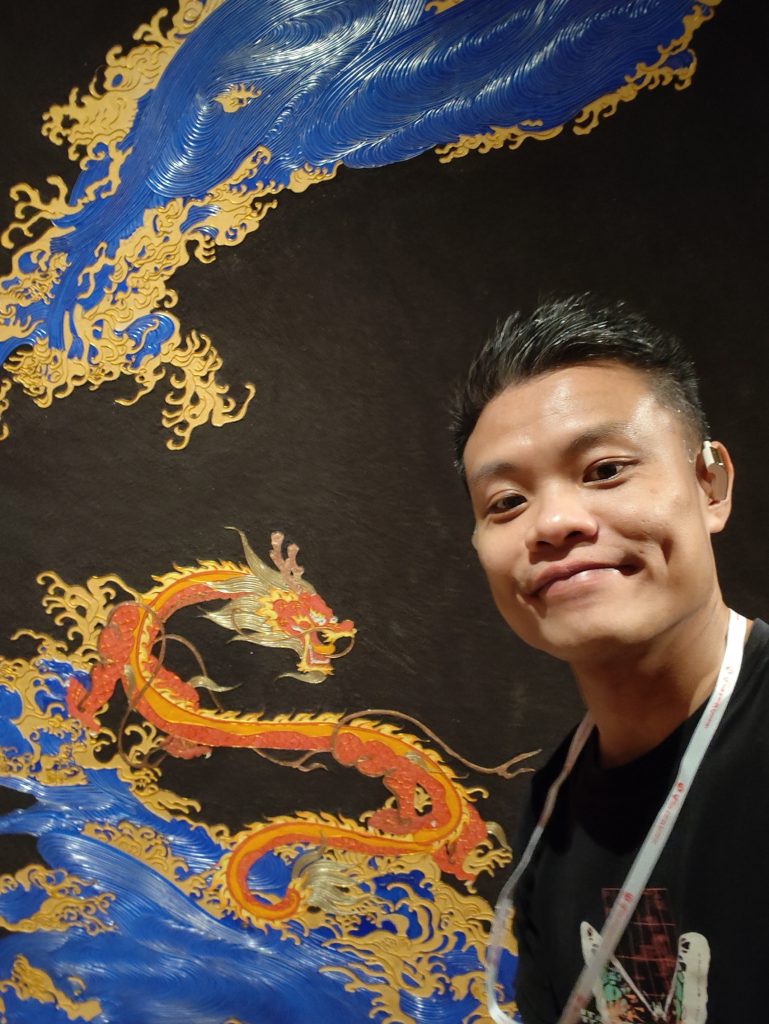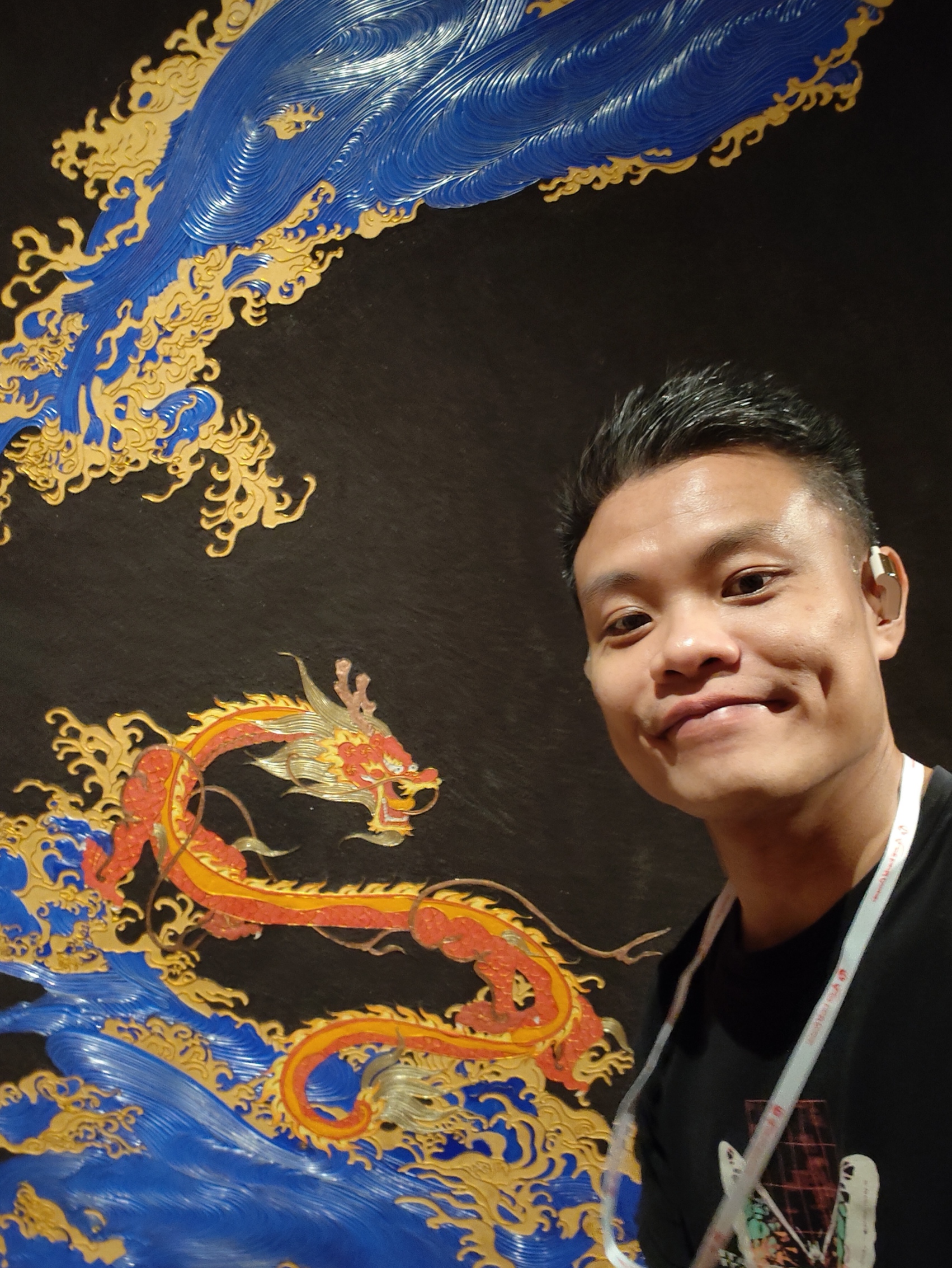Singapore’s Biggest Banks: Legacy, Leadership, and Lessons from History

Singapore’s Biggest Banks: Legacy, Leadership, and Lessons from History
📢 Important: Read this article with family surnames in mind, specifically Chinese characters and not dialect spelling from colonial days.
Singapore’s banking landscape is dominated by three financial giants: DBS Bank, OCBC Bank, and UOB Bank. These institutions are pillars of the economy, shaping not only the financial sector but also the social and business networks of the region. Behind their success lies a blend of family legacies, professional management, and historical transformations.
While each of these banks has evolved over time, their origins, governance structures, and the role of family influence set them apart. Their histories are intertwined with clans, kinship, and the shifting tides of power, reflecting both the strengths of tradition and the conflicts that arise from it.
Origins of Singapore’s Big Three Banks
1. DBS Bank (星展银行 | Xīngzhǎn Yínháng)
Founded in 1968, DBS (Development Bank of Singapore) was set up by the Singapore government to finance industrial development in the post-independence era. Unlike OCBC and UOB, DBS has no family dynasty behind it. Instead, it has been professionally run from the start, with leadership coming from corporate backgrounds rather than family lineage.
Today, DBS is the largest bank in Singapore and Southeast Asia, known for its strong digital transformation and aggressive expansion in Asia-Pacific. The bank’s leadership has remained professional, ensuring continuity and a modern governance model.
2. OCBC Bank (华侨银行 | Huáqiáo Yínháng)
OCBC was formed in 1932 through the merger of three banks, with its roots tracing back to the Lee family (李氏 | Lǐ shì), a powerful clan in the Chinese business community. The Lee Kong Chian (李光前 | Lǐ Guāngqián) family, through the Lee Foundation, remains a significant shareholder.
While OCBC is professionally managed today, family influence is still visible in the institutional memory and long-term vision. The bank prides itself on its stability, conservative growth strategy, and deep-rooted customer relationships built over generations.
3. UOB Bank (大华银行 | Dàhuá Yínháng)
UOB was founded in 1935 by the Wee family (黄氏 | Huáng shì), led by Wee Cho Yaw (黄祖耀 | Huáng Zǔyào). Unlike OCBC, which has diversified family influence, UOB remains firmly controlled by the Wee family, with key leadership positions still held by family members.
This strong family presence has resulted in a unique blend of professional management and family-driven decision-making, ensuring continuity in leadership and strategic direction. However, this also means UOB’s culture is less adaptive to rapid change compared to DBS.
Family Traditions and Clan Influence: A Double-Edged Sword
In Asian societies, family and clan ties play a significant role in business, creating stability but also fueling rivalry. The Lee family (李氏) of OCBC and the Wee family (黄氏) of UOB have long been recognized as key players in Singapore’s business elite. Their banking empires not only reflect financial power but also the legacy of Chinese clan influence, where banking was historically a business of trust, passed down through generations.
The Strength of Upholding Traditions
- Long-Term Vision: Family-run institutions often focus on multi-generational wealth, ensuring long-term stability rather than short-term gains.
- Community Loyalty: Banks tied to clans have deep trust with their communities, fostering loyalty and continuity.
- Resilience in Crises: Family-led banks tend to be more risk-averse, allowing them to weather financial crises better than purely profit-driven entities.
The Dark Side: Clan Rivalry, Persecution, and Silence
However, clan-driven banking is not without its downsides. History has shown that financial power struggles are often accompanied by:
- Clan-based exclusion: Some families control wealth and opportunity, leaving outsiders with little room to rise.
- Rivalry turning into persecution: When competition becomes personal, history has witnessed families being silenced, removed, or economically sidelined.
- Gradual Genocide: In extreme cases, rivalries have resulted in the systematic erasure of entire family lines from business and history—not through violence, but through economic suppression, legal maneuvers, and social ostracization.
- Silence of Opponents Seeking Closure: Those who have lost in these rivalries rarely get the chance to speak, be heard, or find closure—as their voices are drowned out by the victors of history.
The Unchecked Power of Financial Giants
As Singapore’s banks have grown, so have their partners and allies—from corporate entities to investment firms. Some of these partners became so large that even regulatory authorities struggled to discipline them.
- Too big to fail, too powerful to control: When banks and their partners grow beyond a certain size, governments become dependent on them, making regulation a challenge.
- Moral hazards in capitalism: In a system driven by profit and survival, some partners outgrow their intended roles, morphing into entities that no longer serve the people but only their own preservation.
- Authority vs. Influence: Even in a well-regulated economy, corporate giants often hold more practical influence than elected governments, shaping policies and economic landscapes behind closed doors.
Where Do We Go from Here?
Family-run institutions and professional banks each have their place in society, but balance is needed. Tradition should not lead to stagnation, and unchecked capitalism should not result in the loss of justice, closure, and the right to be heard.
As history has shown, forgiveness is offered, but not everyone is willing to receive it.
“Where God opens a door to forgive, and not everyone wants to receive.”
If you like this post then you should read the last post, as well as the next post. They are not related. Yes, right. They are not related.
P.S: We are glad to see wise and intelligent readers from around the world.


![[Satire] Meritocracy, Dynasties & The Curious Case of the Lee Clan](https://marvinfoo.com/wp-content/uploads/2025/03/image-22-768x1022.jpeg)

![#31 | [♻️ Circular Crisis] Plastics Are Now Part of Our Body Mass – What Birds on a Remote Island Can Tell Us #31|[♻️循环危机] 塑料已成我们身体的一部分 —— 一座偏远小岛的鸟儿给人类的警示](https://marvinfoo.com/wp-content/uploads/2025/05/ChatGPT-Image-May-22-2025-12_31_31-AM-shrink-768x447.jpg)


